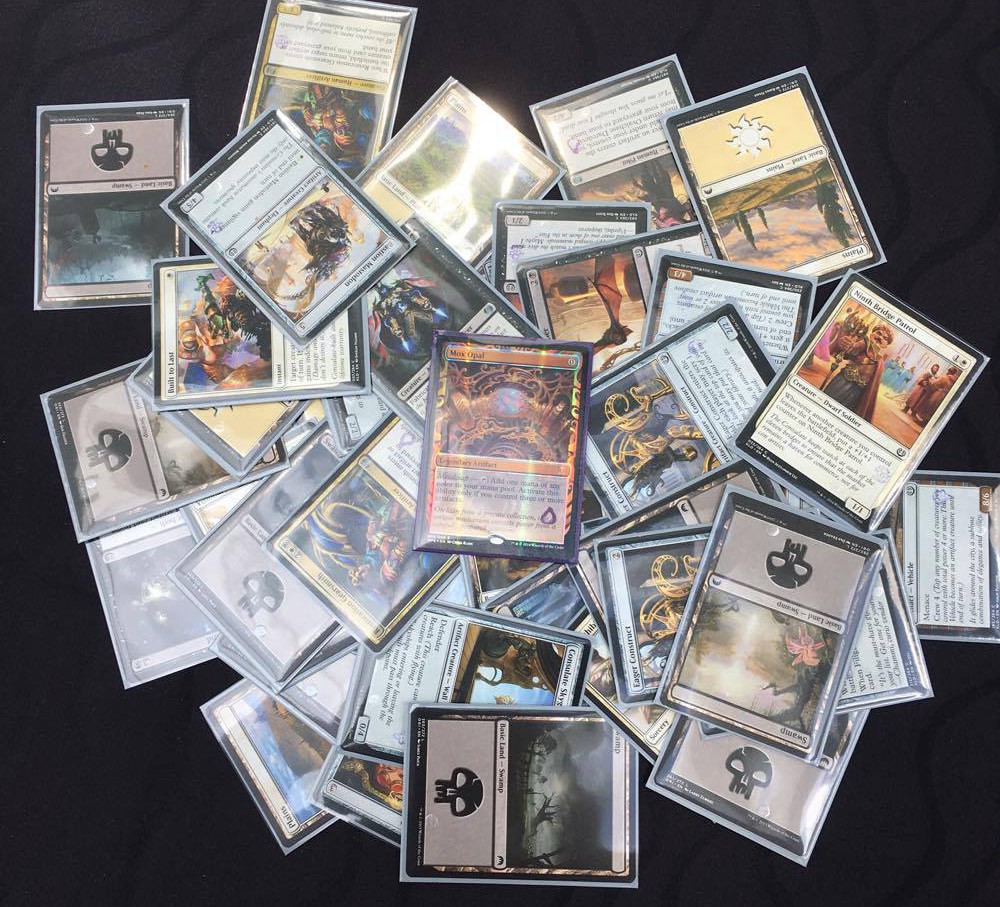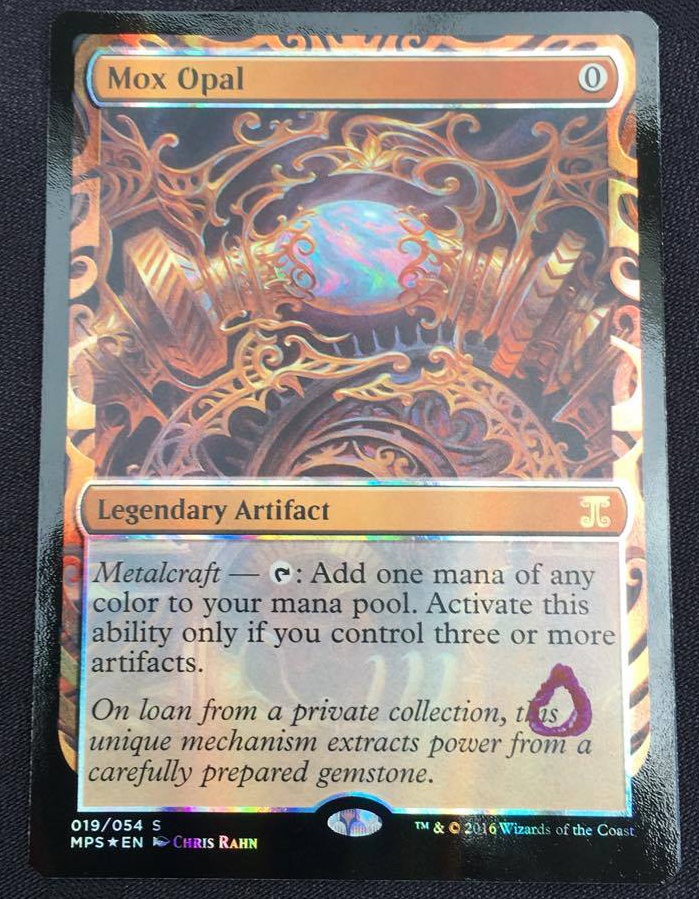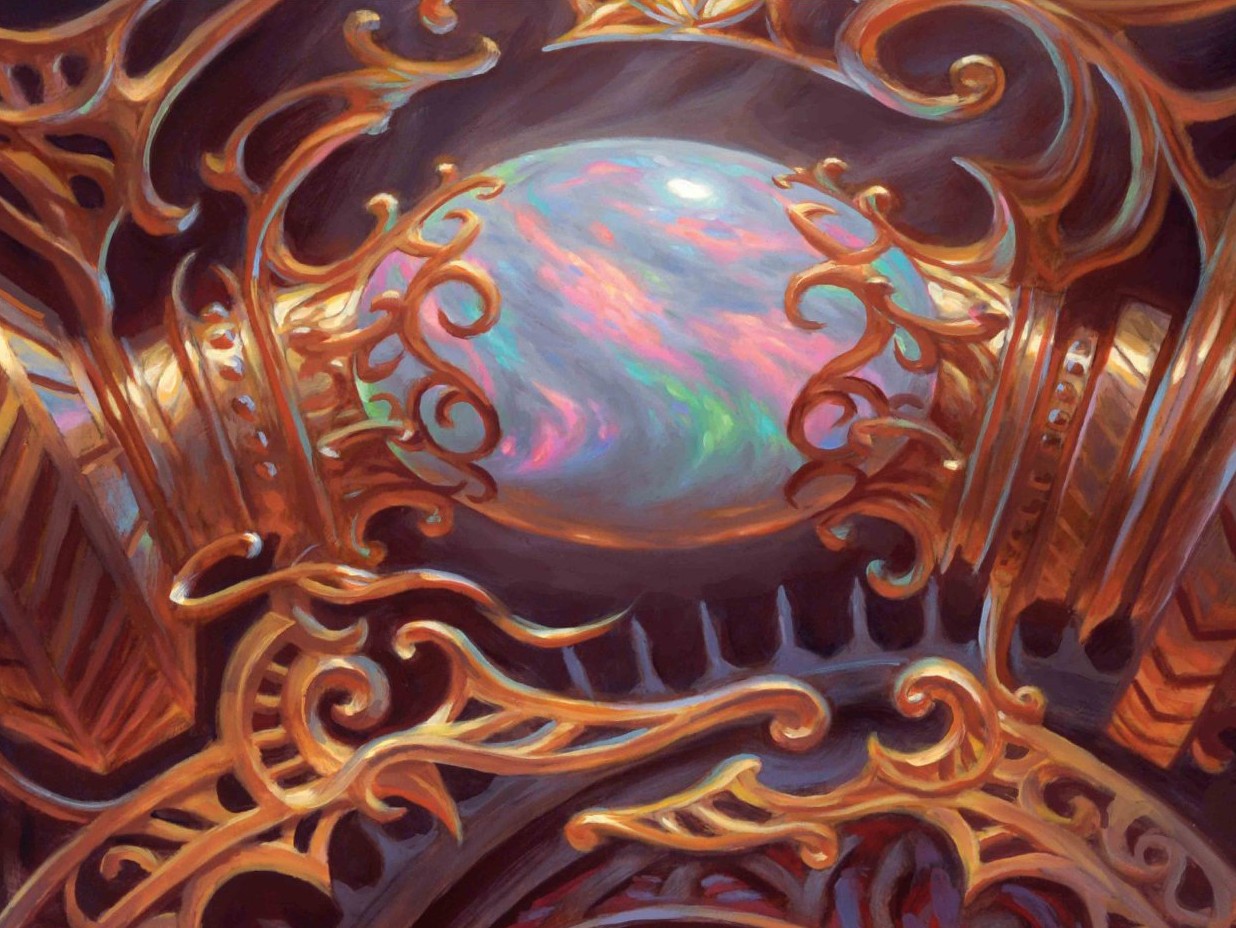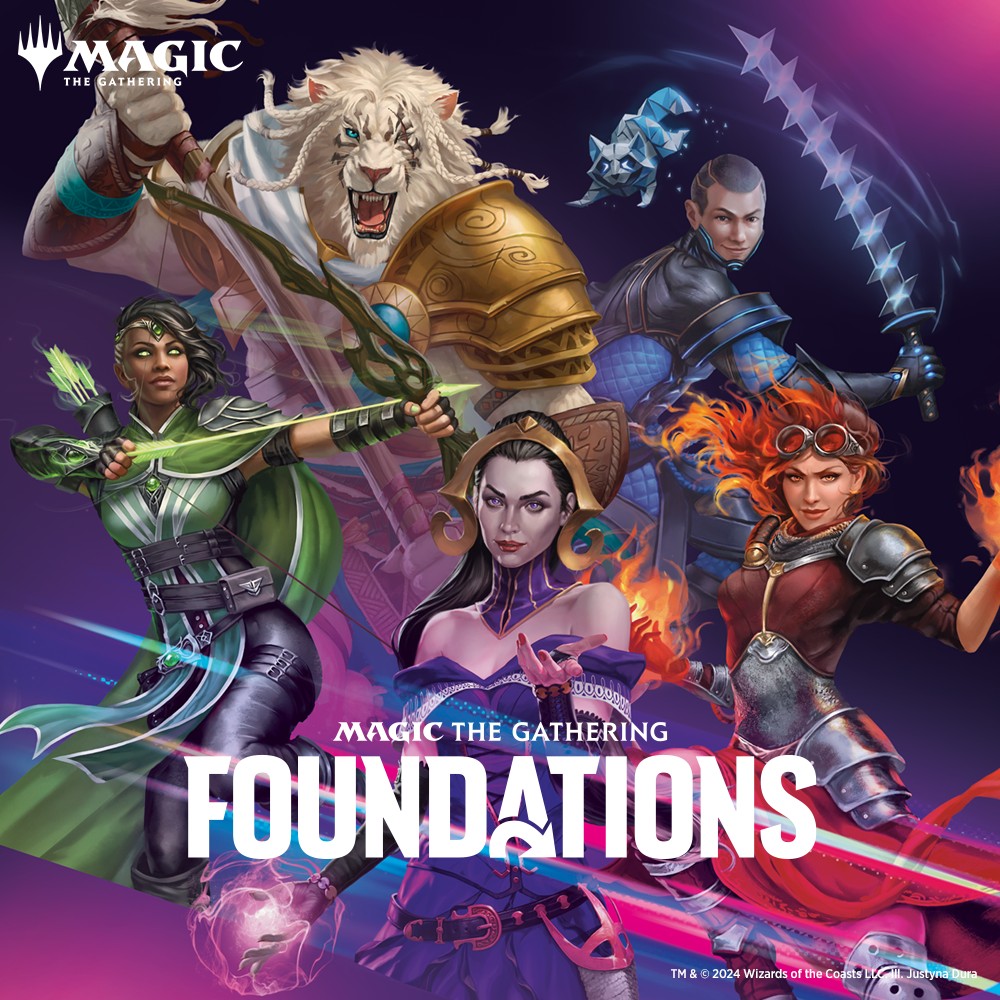I should start by introducing myself. My name is Doug Potter, and I had the privilege of representing Wizard's Tower at PT Hawaii. I made this choice since my good friend, and testing partner, Samuel Tharmaratnam has been on team WT for a while now. I love that this site is pushing content out to Canadians, and building a culture of professional play that extends to many Canadians.
I came home from Hawaii one week ago, and began thinking about what I could share from my experience that could possibly be beneficial to others. Most of the information regarding limited or constructed deck choices can be found in Sammy’s articles.
After every tournament that I travel to, I spend a significant amount of time reflecting on the experience, and growing from it. There is always something, or things, we can improve on to take our game to the next level. This PT I left with three main areas I believe I could improve on moving forward.
Communication
The first part of communication is in regards to testing. Our team was scattered around North America. Some went early to Hawaii, some had to stay home working or doing school. This created a communication barrier that we needed to overcome. We used Facebook, but honestly could have done a better job with it. I personally didn't communicate every list I was thinking of, all the matchups I tested, and specifics to the metagame as often as I would have liked. That was a trend in our group, and I think it lead to us miss identifying parts of the metagame.
The disjointed testing experience was new for some of us. I look at this as a learning experience on how to communicate better with teammates going forward. This could be useful at the PT, GP, or even the PPTQ level. Everyone needs to prepare, so putting forward our best effort in regards to communicating with our peers will amplify that preparation.
Another part of communication for me is in game. There's a big stigma about triggers, announcing them, saying things you don't "need" to say, etc. One thing I always notice at the Pro Tour is how explicit and clear professional magic players are. In my local scene, pointing out a renegade freighter trigger is often seen as a sign of weakness. At the Pro Tour, every pro I played was very explicit about what was happening. It's refreshing to play magic in this way, since it becomes less about tricking each other and more about playing our best.
I fell victim to failure to communicate properly in round 8 of day one.
Game one I had only done two damage, my opponent had done 0, and I had controlled the board effectively. When I had 10+ Liliana emblem zombies, he finally conceded. My life pad said 20-18.
In game two I had turned the corner at 7 life, and contemplated an alpha attack with 5/6
Kalitas, Traitor of Ghet, one zombie token, and Shambling Vent. I looked down at my life pad and saw his life total at 18, not realizing I had been using the game one life totals by accident. I didn't communicate or check what my opponent’s life total was before attacking. I chose to take the "two turn lethal" line, and could only lose to a topdecked Uncaged Fury that following turn. I felt like if I kept back chump blockers I could open myself up to losing in a couple turns to some timely pump spells or more Lathnu Hellions.
When I attacked, he said "go to 11" and I realized my mistake. It wasn't in the line I took based on my information; it was on failing to properly communicate that information before attacking and preemptively fixing the discrepancy.
Communicating properly is something I strive to do. This PT gave me new perspective on how to implement this in my game.
Discipline
This aspect of learning from my PT can be summed up in one crucial moment.
To set the stage: I am 5-3 overnight and on Saturday morning am in a draft pod with Kibler, and 6 names I don't recognize. I know a 7-0 and a draw should t8 the PT, and a solid 6-2 will qualify me for Dublin.
Pack one doesn't go that well. I take a Renegade Freighter first over Welding Sparks and Furious Reprisal, and end up passing another Welding Sparks to Joey on my left along with some red cards (Joey goes on to T8 the event). My deck after pack one is mediocre, mostly black and artifacts with one green card and two white cards that aren't high quality.
That's when I open the second pack, and see a surprising card staring back at me.
Mox Opal - Masterpiece.
My brain goes to fuzz as I try to process the $150 or more I can sell this card for. The only other real card for me is an Arborback Stomper. I haven't seen much green, but it's powerful enough and clearly the "right pick".
The thought of the Mox Opal story, and the guaranteed money is rushing through my head.
What if I don't end up green?
What if I just 1-2 or 0-3 anyways?
What if I regret this?
The judge on the microphone says "5 seconds" and I feel like it's been an instant since I cracked my pack.
I look at the two cards, shuffle them, take a deep breath
"Draft".
The remaining two packs are not great for me. I see no more green cards, but do get two Restoration Gearsmith, and a smattering of white creatures. I see almost no removal, and strongly dislike my deck. I feel like I might 1-2 with good draws, and would need to be lucky to do better.
I end up going 0-3. My mana doesn't play out well, my matchups aren't great, and maybe there was more I could have done.
“This is what an 0-3 deck looks like”

I console myself with the fact I have a Mox Opal, and line up a sale to recoup $180. That said, every pro I talk to shakes their head and helps explain to me that taking something that undisciplined, regardless of if green came or not, isn't the way to succeed. I had a good conversation with Jon Stern about priorities and what I'm trying to accomplish at the PT.

I can't say if I for sure would make a different pick next time. I would like to hope I could remain disciplined and on point. I can certainly say this was a big growth and learning moment for me.
Enjoyment
After my last PT in Atlanta I felt miserable with my performance. I had put up two 2-1 drafts, and still had dropped from the PT by round 14. I let my results fester in to a negative mood, and ended up having a medium time overall. I had fun playing two-headed giant with Sammy on Sunday, but overall came home disappointed about how the PT went.
This time I strived to feel different. It obviously helped that I was in Hawaii, but I keep my attitude in check the whole PT.
There was a moment I had slipped from 5-3 to 5-7, and still felt good about myself in the tournament. I wished for it to have gone differently, but I didn't let it take away my enjoyment from being on the biggest stage. I rallied back to 8-7 and had a shot for a bonus pro point. After losing and finishing 8-8, I still felt good about the whole experience.
Yes, I had come home with the same amount of pro points as Atlanta, but I think the attitude I carried internally helped me take so much out of this one. I think this attitude is applicable at all levels of this wonderful game.
No one enjoys losing, but so many of us enjoy the journey. 14-hour road trips, overnight hotel stays, team dinners, play testing, or even the smell of freshly cracked booster packs. There are so many parts of competitive magic that fuel our enjoyment and leave players wanting more. I could enjoy a very average finish by taking a step back, living in the moment, and framing my tournament in a positive manner.
Next time, if I ever make it back to the PT, I would love to have better results. The trick is that isn't something I get to choose. I will work hard, take everything I've learned, and try to play my best magic.
In summary, I am a firm believer that players have the chance to learn from every event. The learning happens in wins, in losses, and in the process. The key to growing is identifying these learning opportunities, and internalizing positive change.
Thanks for reading, and I am looking forward to my next GP or PT. Hopefully I meet more great players and share many more memories.


